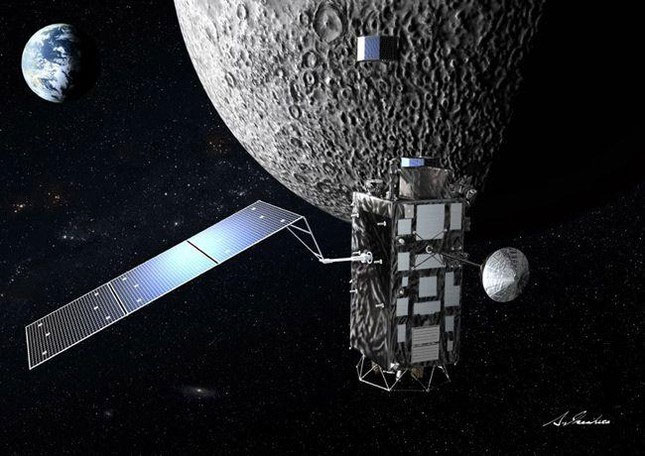On November 22, the Japan Aerospace Exploration Agency (JAXA) announced that it has decided to abandon its mission to land the ultra-small lunar probe on the Moon due to the inability to stabilize communication with the robot.

The Omotenashi rover cannot receive signals from Earth.
JAXA stated that the Omotenashi rover was unable to receive signals from Earth to adjust its flight trajectory and position because its solar panels were not oriented towards the Sun. All attempts to adjust its trajectory were unsuccessful.
At a press conference announcing the abandonment of the spacecraft, Professor Tatsuaki Hashimoto, who works at JAXA, referred to this as “a failure following failure.”
He mentioned that the cost of manufacturing the spacecraft was 800 million yen (approximately 5.6 million USD).
Previously, JAXA had hoped that the box-shaped rover, measuring 11 cm in length, 24 cm in width, 37 cm in height, and weighing 12.6 kg, would become Japan’s first probe to land on the Moon.
The world’s smallest lunar exploration robot, Omotenashi, was launched on November 16 from the Kennedy Space Center in Florida, USA.
After the launch, the robot successfully separated from the rocket and began its journey toward the Moon.
However, the solar panels did not operate as they did not rotate towards the light. Waiting for the panels to adjust according to design would cause the spacecraft to lose its chance to enter lunar orbit and land, JAXA stated.


















































